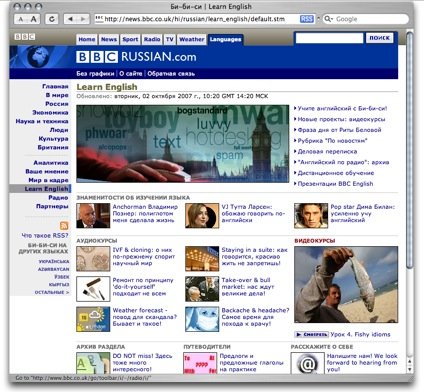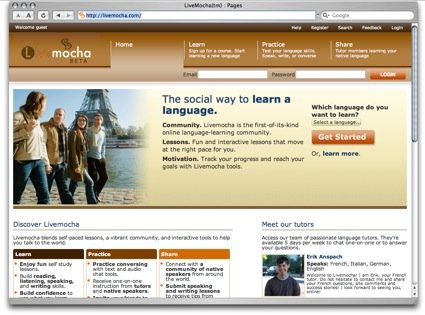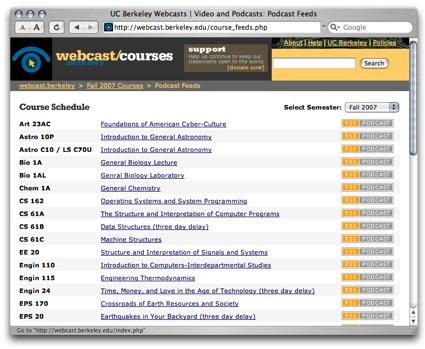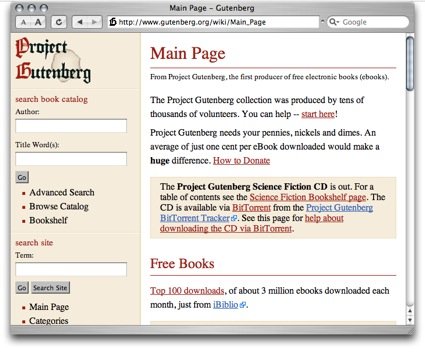Knowledge of a foreign language allows you to feel more confident in the modern world. You don't have to wait for domestic publishers to translate the book, and TV companies to translate the series. In general, for example, the English-speaking world is richer in relevant and useful information. Can the Internet help in learning a foreign language? I think so. A variety of resources come to our aid here.
BBC. English lessons are available on the Russian-language version of the BBC (there are lessons in other languages on the English-language version). Here you can find idioms, audio and video courses, tips for conducting business correspondence.

«Voice of America». The website of the Voice of America has a section for English language learners. You won't be able to find any lessons and rules here, but you will get a huge amount of audio material. The peculiarity of VOA is that all texts are read accurately, with a speed convenient for students and are provided with transcription. You can first listen to the text, and then read it to find out if you understood what you heard correctly.
Depending on what language you are learning, it is worth looking at the websites of state media companies. Governments often promote the study of official languages.
There are many websites with language courses. As an example, I will cite a resource with the discordant name LiveMocha. The courses contained here are divided into several levels. Beginners should start with «101», giving basic data. For English, 4 courses with a total duration of 160 hours have been created on LiveMocha. The main advantage of the service is an active community of users.

Mango resource was recently opened. Here you can learn French, Italian, German, Chinese, Japanese, Greek, etc. languages. About a hundred lessons are provided for each course.
Podcasts are good because they allow you to get used to someone else's speech. They are also convenient — you don't have to go and check the site regularly in search of updates, because you can subscribe to the podcast. It is better to take podcasts on the topic you are interested in.
You can download podcasts both on iTunes and on numerous websites. I like the New York Times podcasts. They do not come out often, but regularly (most times a week), are convenient to listen to (the announcers are not in a hurry, the background music sounds softly).
If you are a student, then you should study the websites of American universities. They are increasingly making audio versions of lectures publicly available. Take a look, for example, at the corresponding section of the University of Berkeley (Berkeley). A large number of subjects, lectures and audio materials.

The scourge of large cities is traffic jams. When it comes to Moscow, the problem is complicated by the scale of this city, some people spend 1.5 — 2 hours on the way to work. This is quite a lot, why not spend time usefully? You can listen to audiobooks in English, from Wodehouse to Jack London, from classics to thrillers.
And of course books can be read. One of the largest collections of English-language literature is Project Gutenberg. More than 20 thousand books are available for free. There is a search by author and titles.

Although the Internet will not replace live communication and the experience that you will get while living in the country whose language you are studying, it still gives a lot. In fact, one thing is needed — the desire to learn.